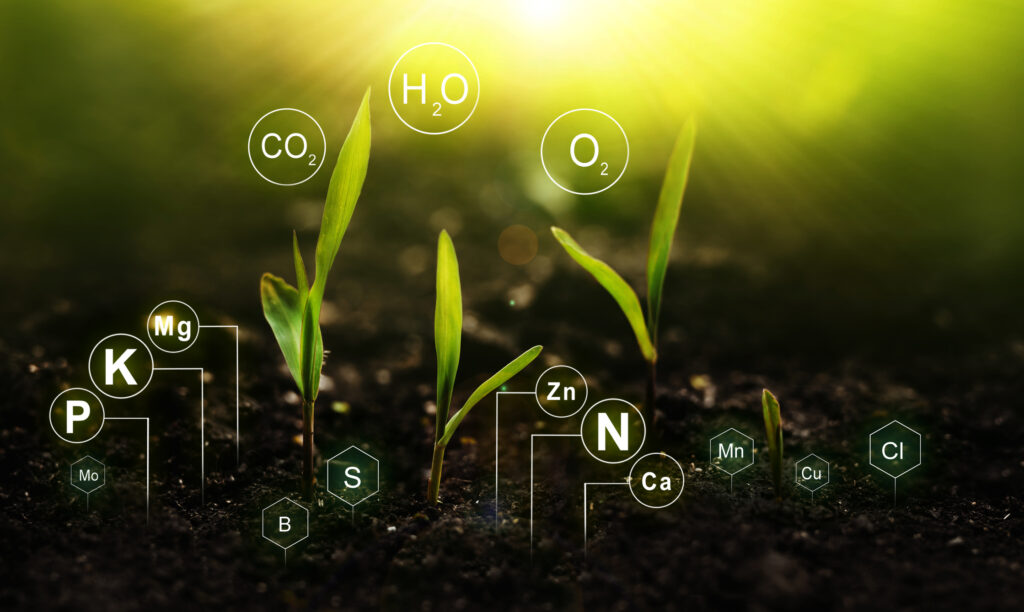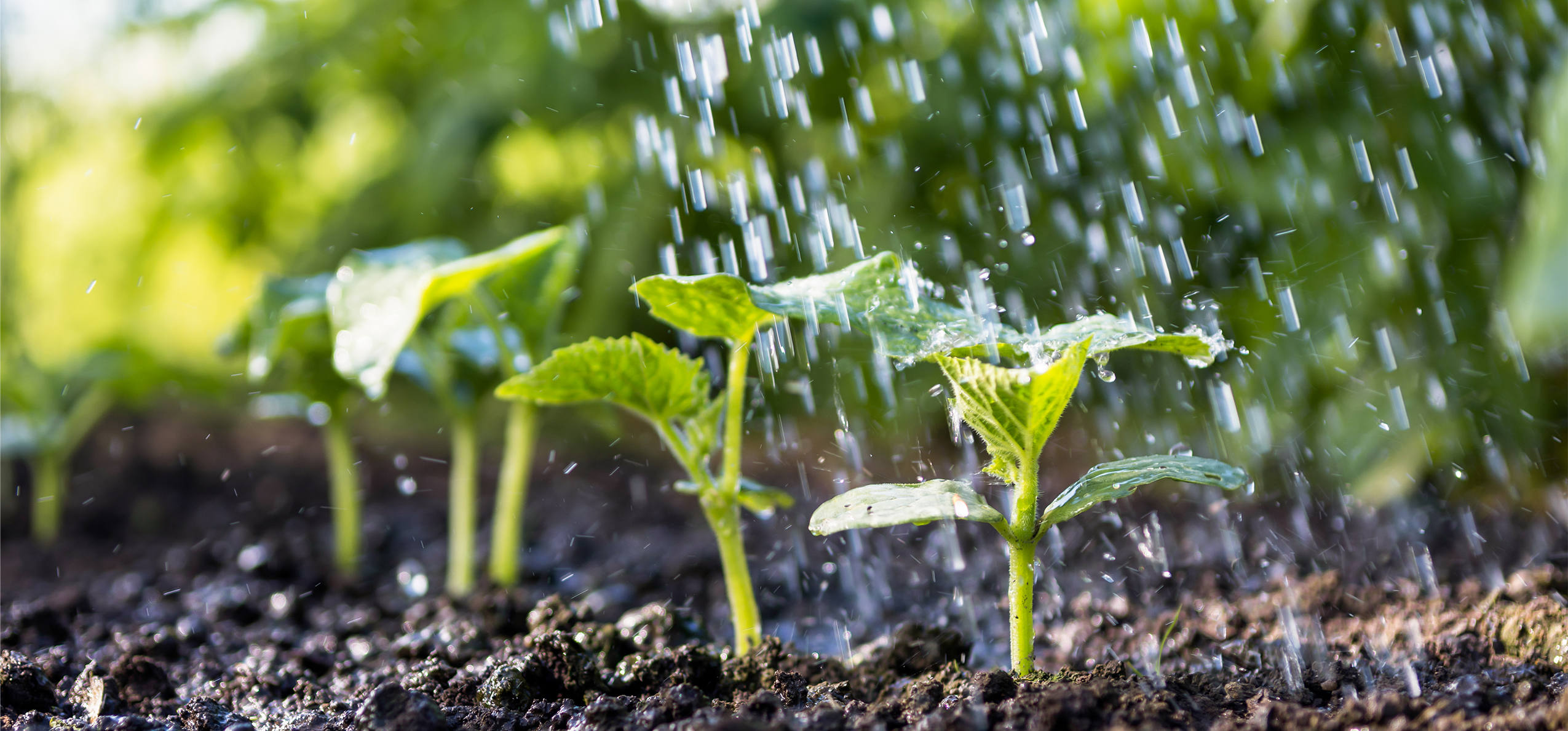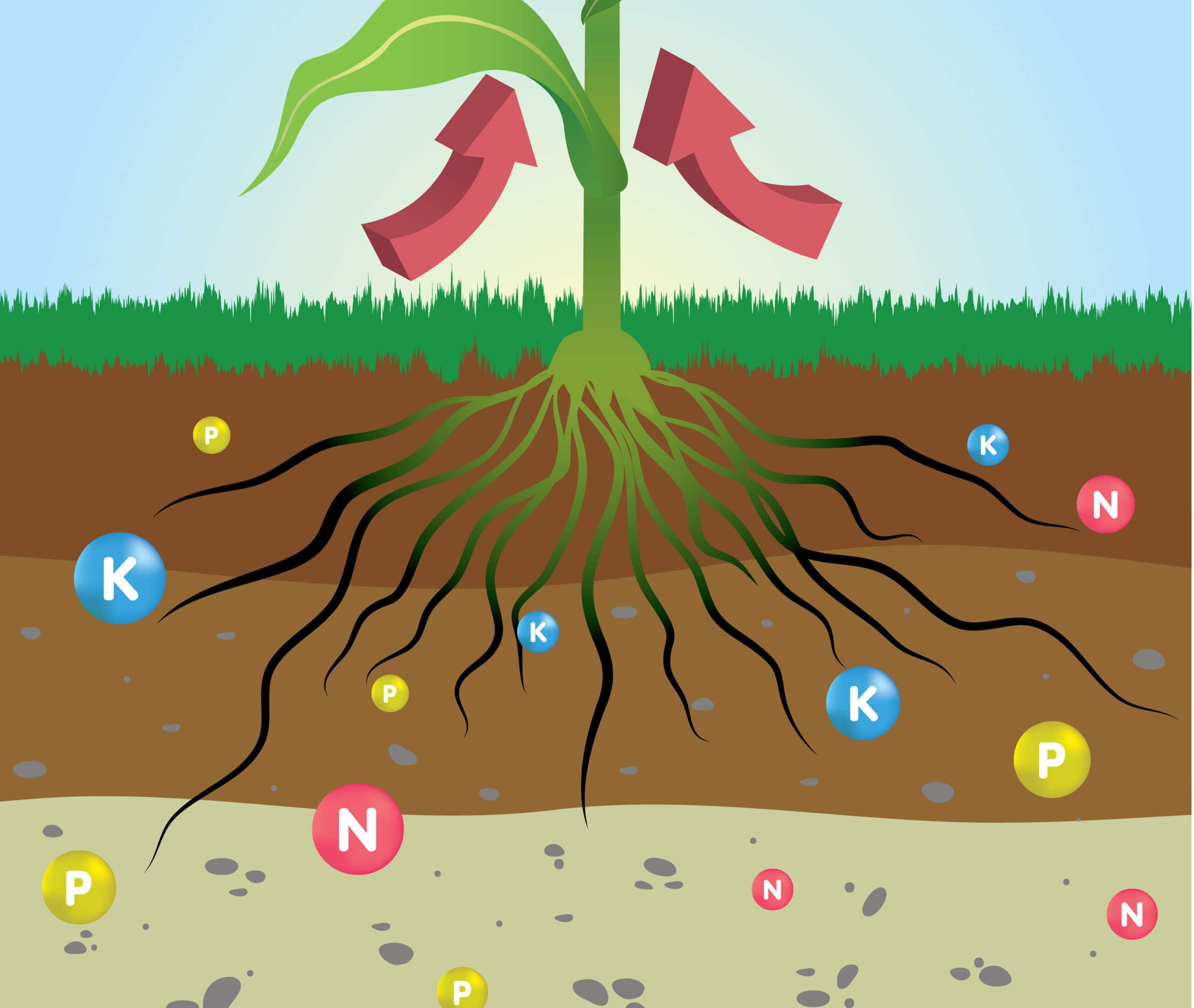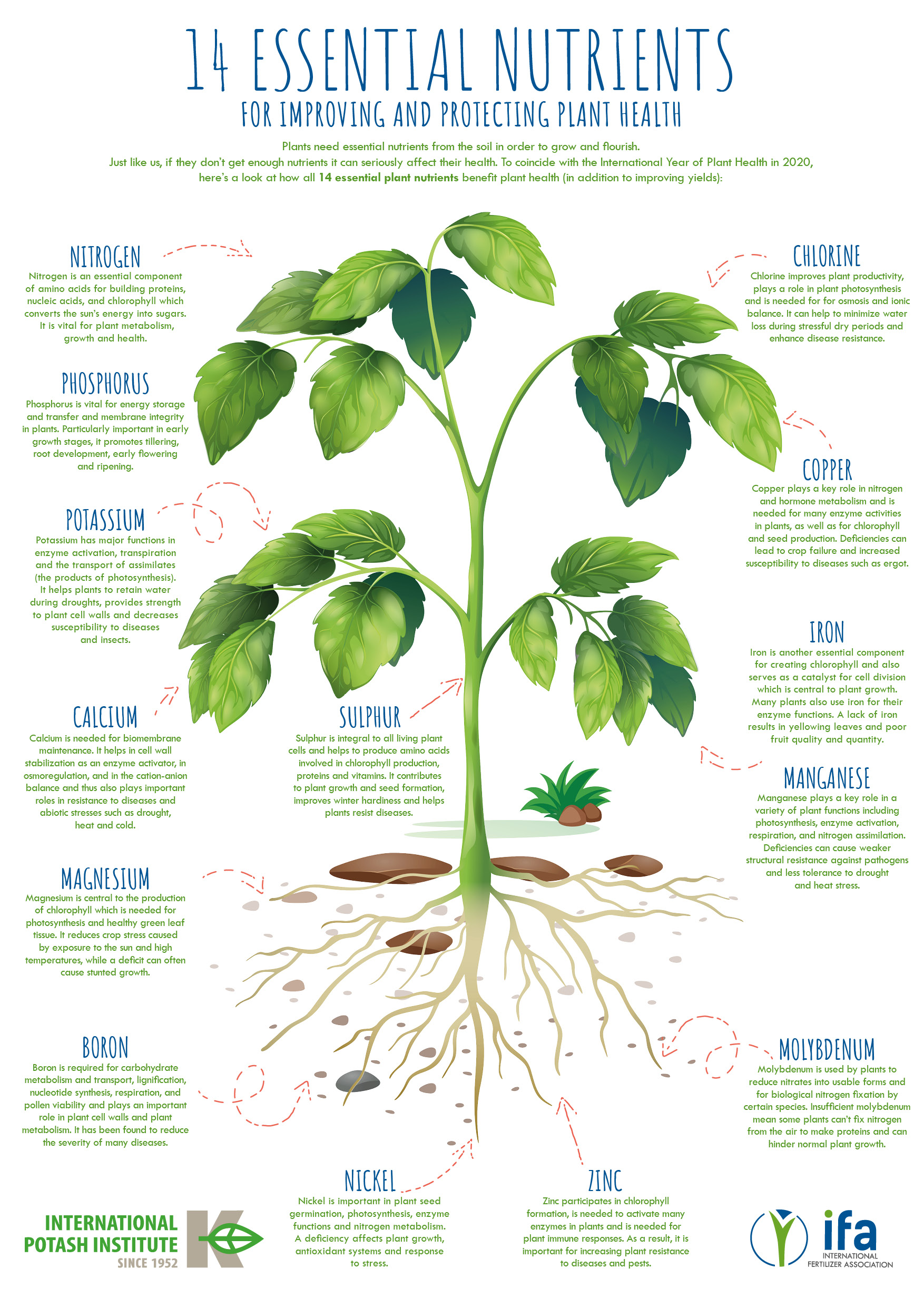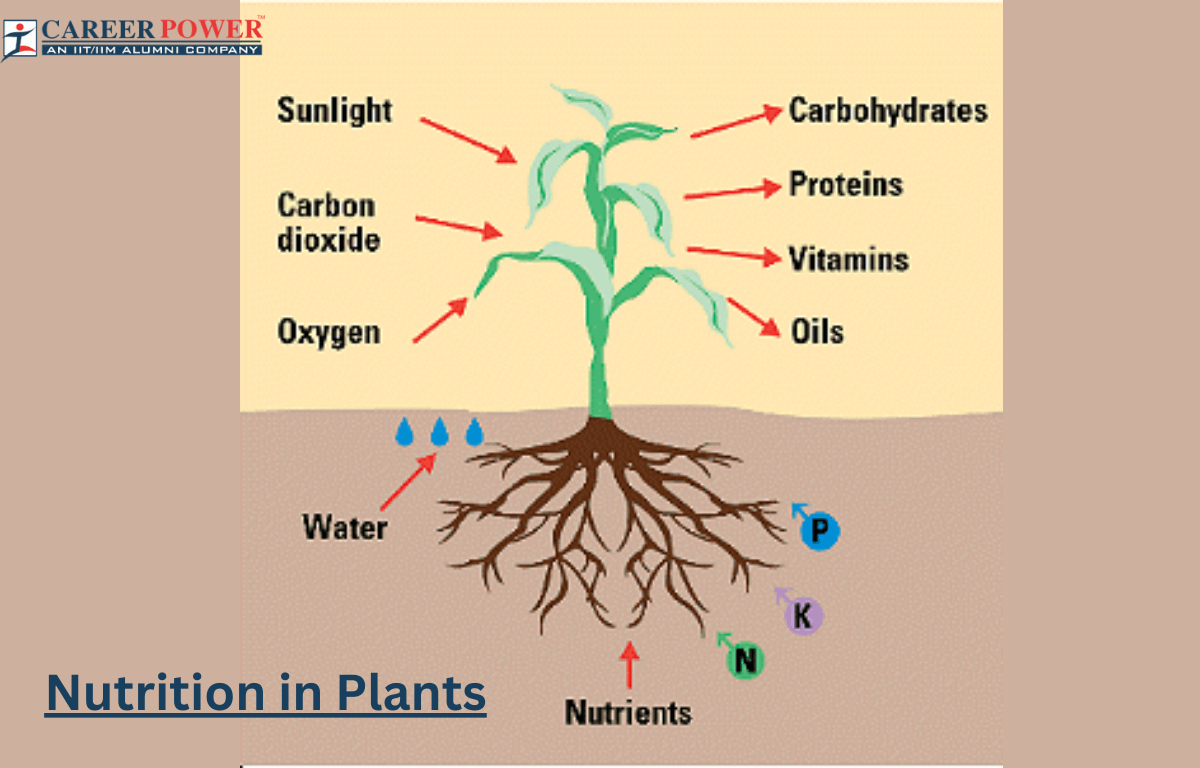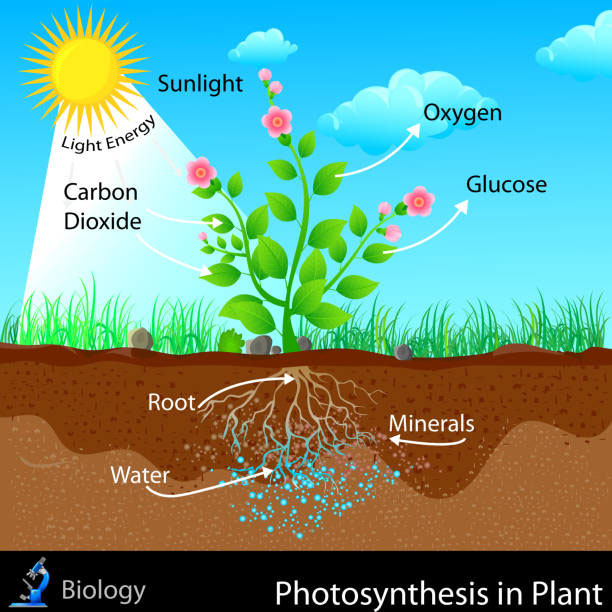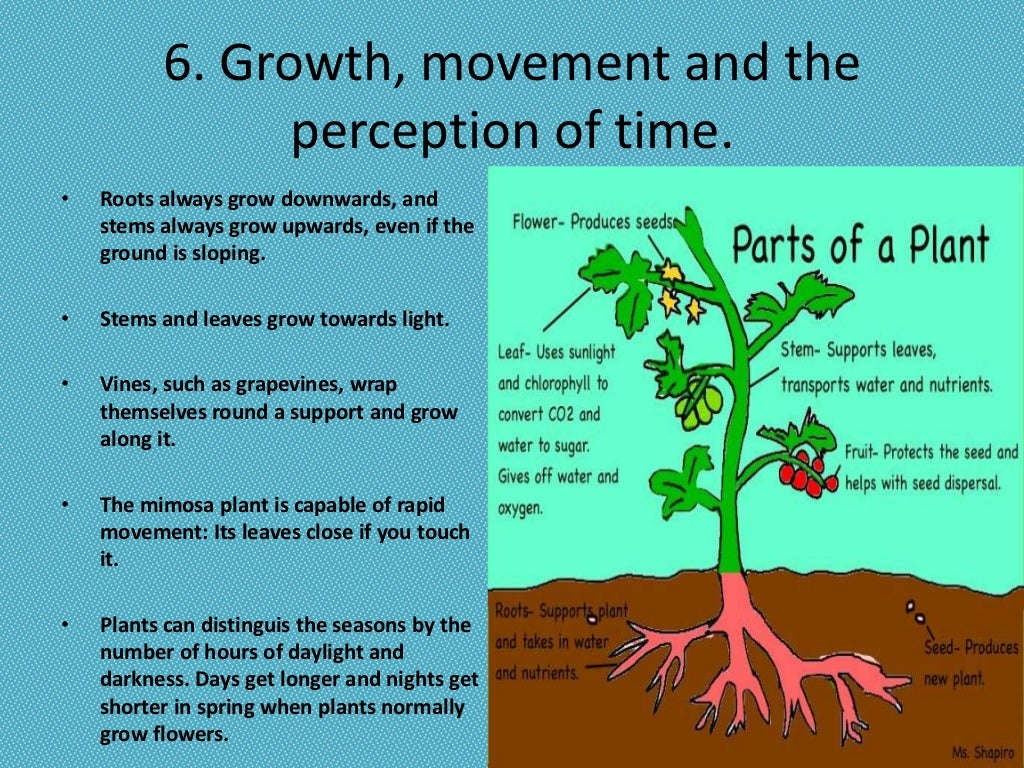Plants Nutrition Facts
Plants Nutrition Facts - Plant nutrition is the study of the chemical elements and compounds necessary for plant growth and reproduction, plant metabolism and their external supply. Potassium is a general nutrient for all plants, improving the overall health and strength of the plant. Nutrition in plants class 7 covered how plants obtain and utilize nutrients for growth and survival including photosynthesis and nutrient absorption. Plants are the only living things capable of making their own food. In this article, we will. Nitrogen is a major component of proteins, hormones, chlorophyll, vitamins and enzymes. Plant nutrients are classified into three main groups, according to the relative amounts required. It improves the plant’s ability to withstand temperature extremes, and to a lesser degree, stress from drought. Potassium also helps plants resist.
Potassium is a general nutrient for all plants, improving the overall health and strength of the plant. Plants are the only living things capable of making their own food. Potassium also helps plants resist. Nutrition in plants class 7 covered how plants obtain and utilize nutrients for growth and survival including photosynthesis and nutrient absorption. Plant nutrition is the study of the chemical elements and compounds necessary for plant growth and reproduction, plant metabolism and their external supply. Nitrogen is a major component of proteins, hormones, chlorophyll, vitamins and enzymes. In this article, we will. Plant nutrients are classified into three main groups, according to the relative amounts required. It improves the plant’s ability to withstand temperature extremes, and to a lesser degree, stress from drought.
Plant nutrients are classified into three main groups, according to the relative amounts required. In this article, we will. It improves the plant’s ability to withstand temperature extremes, and to a lesser degree, stress from drought. Potassium is a general nutrient for all plants, improving the overall health and strength of the plant. Plant nutrition is the study of the chemical elements and compounds necessary for plant growth and reproduction, plant metabolism and their external supply. Potassium also helps plants resist. Plants are the only living things capable of making their own food. Nutrition in plants class 7 covered how plants obtain and utilize nutrients for growth and survival including photosynthesis and nutrient absorption. Nitrogen is a major component of proteins, hormones, chlorophyll, vitamins and enzymes.
A Gardener's Guide To Plant Nutrition Jung Seed Gardening Blog
Plant nutrition is the study of the chemical elements and compounds necessary for plant growth and reproduction, plant metabolism and their external supply. It improves the plant’s ability to withstand temperature extremes, and to a lesser degree, stress from drought. Potassium also helps plants resist. In this article, we will. Plants are the only living things capable of making their.
The Fantastic Fourteen Essential Nutrients in Plants
It improves the plant’s ability to withstand temperature extremes, and to a lesser degree, stress from drought. In this article, we will. Potassium also helps plants resist. Plant nutrition is the study of the chemical elements and compounds necessary for plant growth and reproduction, plant metabolism and their external supply. Nitrogen is a major component of proteins, hormones, chlorophyll, vitamins.
16 Intriguing Facts About Plant Nutrition
In this article, we will. Plant nutrition is the study of the chemical elements and compounds necessary for plant growth and reproduction, plant metabolism and their external supply. Nutrition in plants class 7 covered how plants obtain and utilize nutrients for growth and survival including photosynthesis and nutrient absorption. Potassium is a general nutrient for all plants, improving the overall.
What Nutrients Do Plants Need A Complete Guide With Photos Complete
Nitrogen is a major component of proteins, hormones, chlorophyll, vitamins and enzymes. Nutrition in plants class 7 covered how plants obtain and utilize nutrients for growth and survival including photosynthesis and nutrient absorption. Plant nutrients are classified into three main groups, according to the relative amounts required. Plants are the only living things capable of making their own food. It.
Plant Nutrition Basics Nutrition, Basic, Plants
Nutrition in plants class 7 covered how plants obtain and utilize nutrients for growth and survival including photosynthesis and nutrient absorption. Nitrogen is a major component of proteins, hormones, chlorophyll, vitamins and enzymes. In this article, we will. Potassium also helps plants resist. Plants are the only living things capable of making their own food.
Fourteen Essential Nutrients for Improving and Protecting Plant Health
It improves the plant’s ability to withstand temperature extremes, and to a lesser degree, stress from drought. Nutrition in plants class 7 covered how plants obtain and utilize nutrients for growth and survival including photosynthesis and nutrient absorption. Plant nutrition is the study of the chemical elements and compounds necessary for plant growth and reproduction, plant metabolism and their external.
Nutrition in Plants, Types, Modes and Functions
Plants are the only living things capable of making their own food. Potassium also helps plants resist. In this article, we will. Potassium is a general nutrient for all plants, improving the overall health and strength of the plant. It improves the plant’s ability to withstand temperature extremes, and to a lesser degree, stress from drought.
Nutrition in plants notes Nutrition in plants, Science notes, Biology
Potassium is a general nutrient for all plants, improving the overall health and strength of the plant. Plants are the only living things capable of making their own food. Nitrogen is a major component of proteins, hormones, chlorophyll, vitamins and enzymes. Potassium also helps plants resist. In this article, we will.
Nutrition and Plants Curious Times
In this article, we will. Plant nutrition is the study of the chemical elements and compounds necessary for plant growth and reproduction, plant metabolism and their external supply. Plants are the only living things capable of making their own food. Potassium also helps plants resist. Potassium is a general nutrient for all plants, improving the overall health and strength of.
Plant nutrition
Plants are the only living things capable of making their own food. Potassium also helps plants resist. Plant nutrients are classified into three main groups, according to the relative amounts required. Nutrition in plants class 7 covered how plants obtain and utilize nutrients for growth and survival including photosynthesis and nutrient absorption. Nitrogen is a major component of proteins, hormones,.
In This Article, We Will.
Plant nutrition is the study of the chemical elements and compounds necessary for plant growth and reproduction, plant metabolism and their external supply. Nitrogen is a major component of proteins, hormones, chlorophyll, vitamins and enzymes. It improves the plant’s ability to withstand temperature extremes, and to a lesser degree, stress from drought. Potassium also helps plants resist.
Plants Are The Only Living Things Capable Of Making Their Own Food.
Nutrition in plants class 7 covered how plants obtain and utilize nutrients for growth and survival including photosynthesis and nutrient absorption. Plant nutrients are classified into three main groups, according to the relative amounts required. Potassium is a general nutrient for all plants, improving the overall health and strength of the plant.
